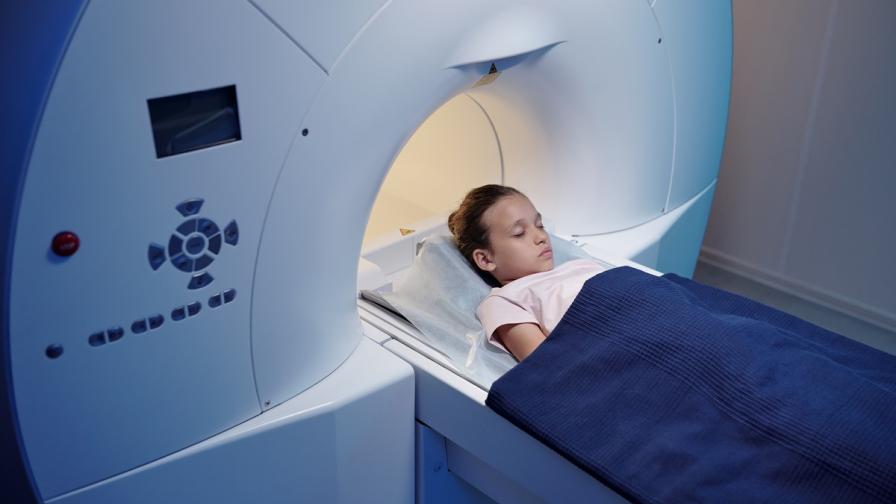A new study, supported by Action Medical Research, shows that traumatic brain injury may lead to reduced brain size in some children and teenagers, which can be linked to cognitive problems.

Traumatic brain injury, mainly arising from road accidents, falls or assaults, is very common in children and a leading cause of disability. Sadly some children lose their lives – or are left with lasting brain damage that leads to long-term difficulties such as learning disabilities, emotional or behavioural issues.
Researchers have been able to study this problem in adults, using brain scans to accurately measure the impact of any injuries. However, it is currently difficult for doctors to predict the long-term effects of a moderate or severe injury on a child’s brain development because their brains are growing and changing so rapidly.
With Action funding, Professor David Sharp and his team at Imperial College London have been building a better understanding of the long-term effects of traumatic brain injury on brain development in children and young people.
Using MRI scans, the team took detailed measurements of the brains of healthy children. This enabled them to understand the normal growth and development of different areas of the brain. They compared these with brain scans taken of a group of children who had suffered a moderate or severe brain injury in the previous months or years.
They have discovered that injury can result in some children’s brain volumes being smaller than expected and found that this can be linked to learning and behavioural problems.
Professor Sharp explains: “The effects of head injuries are complicated and vary from person to person. If we can get to a point where precision analysis of scans assists in routine clinical management, that could help us identify why some children and young people are at risk of learning or behavioural difficulties and provide them with additional support or rehabilitation.”
This is really important, as difficulties experienced by young people can have lasting impacts on their education and subsequent opportunities in adult life”
* This research was funded by Action Medical Research with a generous donation from Garfield Weston Foundation and joint funding with Great Ormond Street Hospital Children's Charity. Results have been published in the journal Brain.
